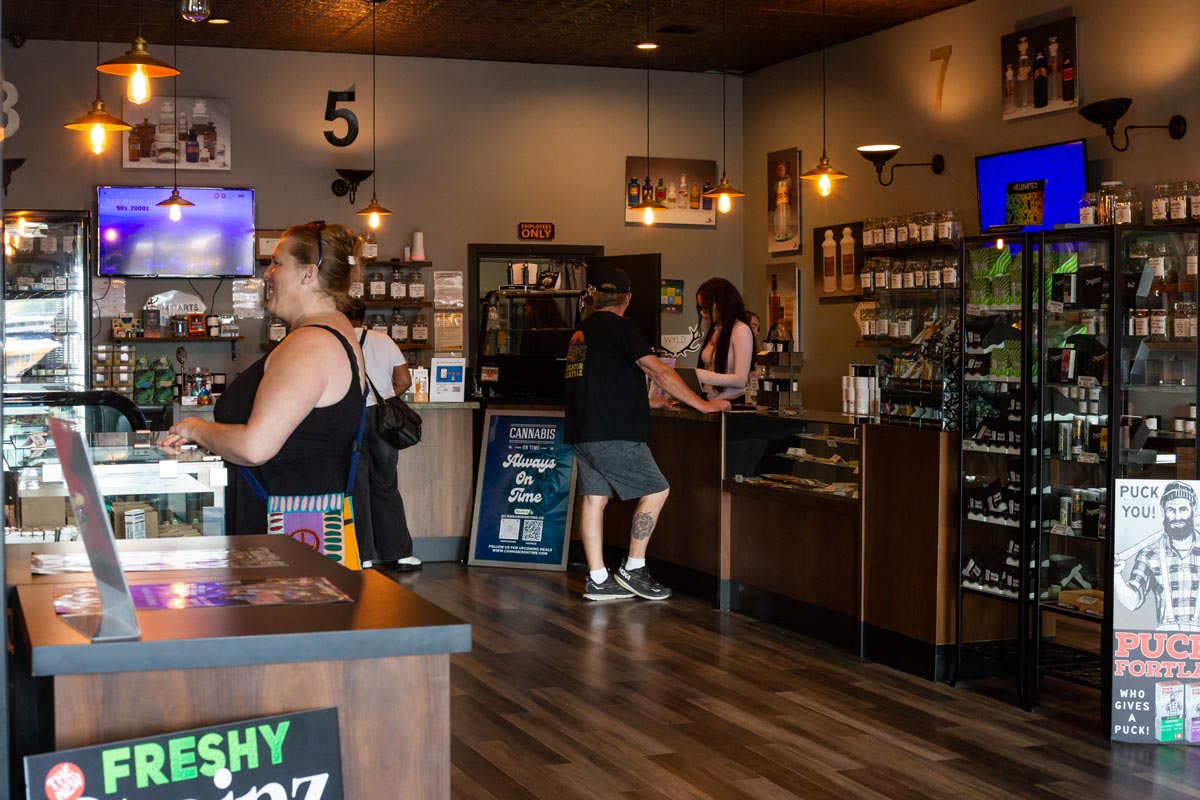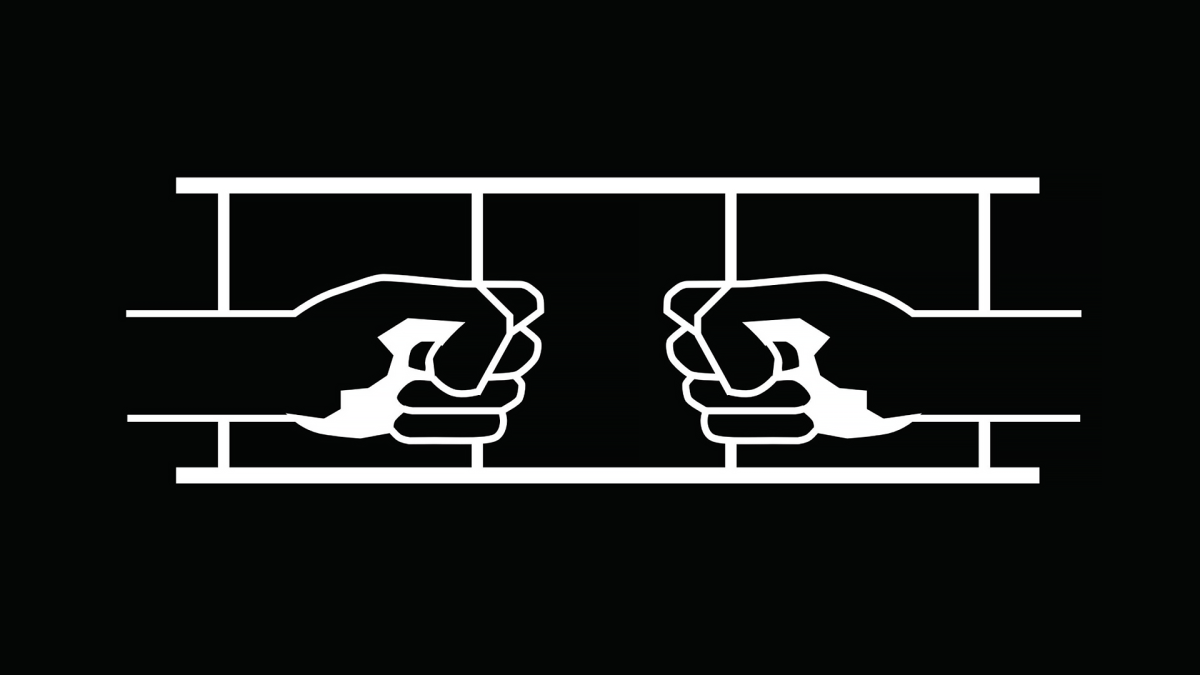Being an attorney for 31 years, Paul Loney has been involved in cannabis legalization since the beginning. “I was the first attorney in the state to start representing legal marijuana businesses back when no other lawyers would touch it,” Loney said.
“I still represent folks who occasionally might get in trouble on the criminal side. I represent a lot of legal cannabis businesses and everything they do. For my clients, I am their outside general counsel. I deal with all kinds of questions they may have on employee issues, contracts, buying and selling licenses, and other things that a normal business would have with legal questions.”
However, Loney did not always want to be a cannabis attorney. Before becoming an attorney, Loney graduated from the University of Oregon with a degree in Environmental Studies. After graduating, Loney struggled to find a career pertaining to his major and spent some time working as part of the U.S. Forest Service.
During this time, Loney had multiple friends and acquaintances who were struggling with legal issues and could not find an attorney they could depend on. This inspired Loney to start pursuing a career in law. “They needed someone they could trust, and they always felt like they could trust me,” said Loney.
After seeing a lack of proper representation in Oregon when it came to cannabis-related issues, Loney decided to focus primarily on being a cannabis attorney. “When medical marijuana came along, and people started to be legit and wanted to start a real business, there were no other lawyers in the state that wanted to advise cannabis businesses,” said Loney. “A lot of lawyers were afraid because it was still illegal federally and basically didn’t want to get laughed at by other lawyers.” Loney, however, was not afraid of this.
“I did get laughed at by some lawyers and judges, and more than once I’ve been called ‘that pot attorney’ or that ‘pot lawyer.’”
Since then, Loney’s work as a cannabis attorney has had a significant influence on the cannabis industry in Oregon, including helping draft Measure 74, which helped legalize cannabis in Oregon. Loney also worked closely with the National Organization of Reform for Marijuana Laws (NORML) and helped the Oregon chapter establish the first “cannabis cafe” in the state of Oregon in 2009 to create a safe place for medical marijuana patients to consume cannabis.
Although Loney has been practicing law for over three decades, he still faces several issues related to being a part of the cannabis industry, including banking. “Overall, some banks won’t even allow cannabis attorneys to open a bank account,” Loney said. “You go to the bank, and the bank wants to know where you got the cash from. The stigma is still there somewhat, that folks must be doing something wrong, because you’re getting paid in cash or you just don’t look like a normal business person.”
Like many people who are involved in advocacy for the cannabis industry, Loney prefers smaller local cannabis businesses compared to larger corporations. “There’s a lot of big corporations lobbying in Washington D.C. these days to draft both the laws and the administrative rules for the FDA to basically tilt the table towards big businesses, making it so they’re the only ones that can afford to play the game,” said Loney. As we get closer and closer to federal legalization, larger corporations with more capital resources will have the ability to influence how cannabis is regulated federally, which in turn could negatively affect smaller cannabis businesses.
Despite the issues that may occur regarding legalization in the future, Loney, like many other advocates in the cannabis industry will continue work in favor of smaller, local cannabis businesses. “I’m a big believer in buying local and supporting small businesses,” Loney said. “If we aren’t careful, small businesses are gonna have a hard time competing if big business gets to write the rules.”







